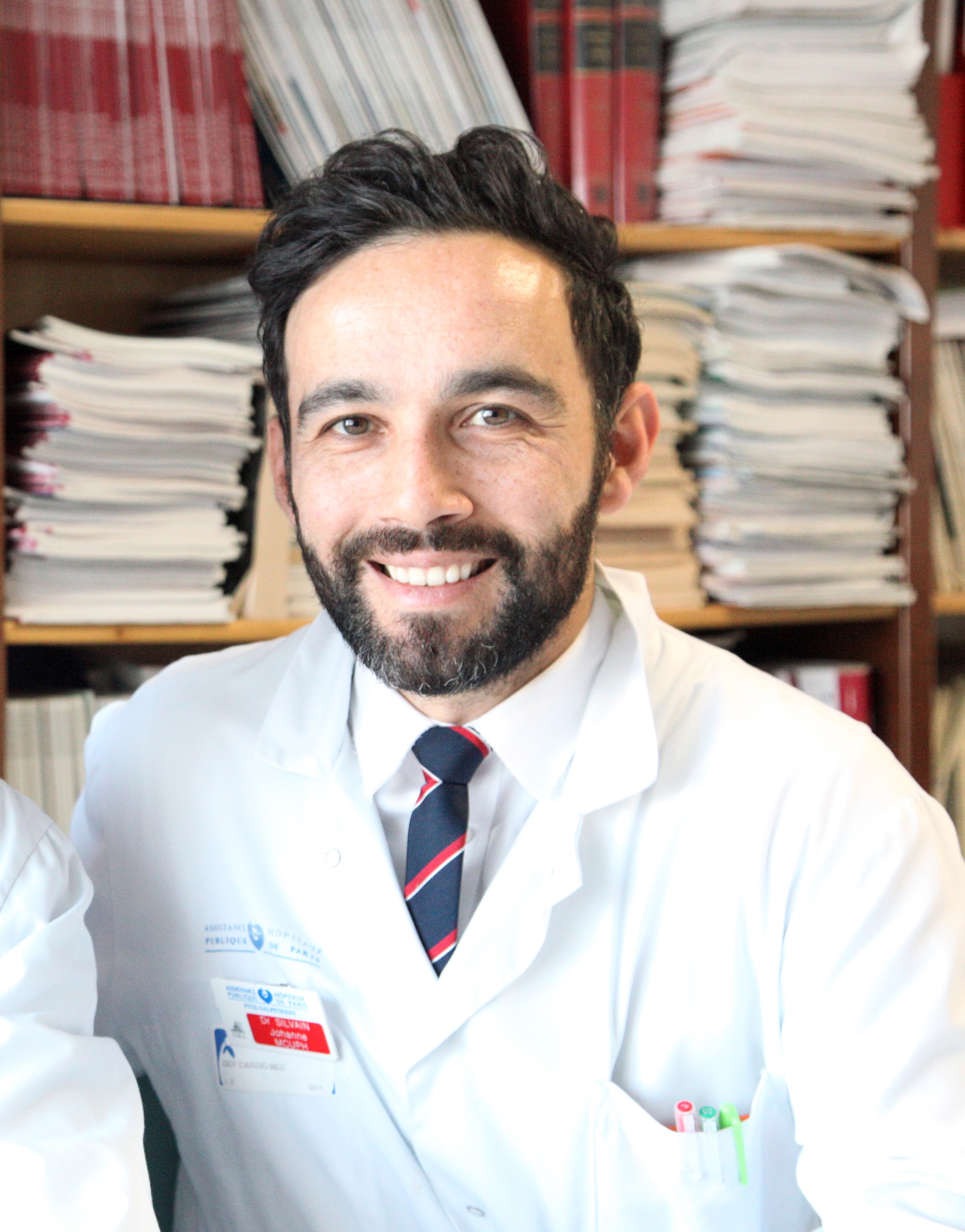Ticagrelor was not superior to clopidogrel to reduce heart attack risk during angioplasty
[ad_1]
Research Highlights:
- A new study found the rate of heart attack and severe complications before, during or soon after elective surgery to open a blocked artery was similar between patients treated with clopidogrel and those who received the more potent antiplatelet medication ticagrelor.
- Among high-risk, chronic, coronary patients who undergo an artery-clearing procedure such as percutaneous coronary intervention or angioplasty, there were no additional benefits from ticagrelor compared to the current standard of care medication clopidogrel.
Embargoed until 12:00 p.m. CT/1 p.m. ET, Saturday, Nov. 14, 2020
(NewMediaWire) – November 14, 2020 – DALLAS – The use of the more potent antiplatelet medication ticagrelor was not superior to clopidogrel in the reduction of the rate of heart attack or severe complications among people undergoing an elective procedure to open a blocked artery, according to late-breaking research presented today at the American Heart Association’s Scientific Sessions 2020. The virtual meeting is Friday, November 13-Tuesday, November 17, 2020, and is a premier global exchange of the latest scientific advancements, research and evidence-based clinical practice updates in cardiovascular science for health care worldwide. The manuscript of this study is simultaneously published today in Lancet.
 The randomized, international, multi-center ALPHEUS trial enrolled 1,833 adults (average age 67% male ) at 49 centers in two European countries (France and the Czech Republic). The participants had heart disease and elected to undergo percutaneous coronary intervention (also known as PCI or angioplasty) to open a narrow or blocked blood vessel supplying blood to the heart.
The randomized, international, multi-center ALPHEUS trial enrolled 1,833 adults (average age 67% male ) at 49 centers in two European countries (France and the Czech Republic). The participants had heart disease and elected to undergo percutaneous coronary intervention (also known as PCI or angioplasty) to open a narrow or blocked blood vessel supplying blood to the heart.
The trial examined whether ticagrelor, a more potent antiplatelet medication than the standard of care (clopidogrel), may reduce the rate heart attack and complications around the time of the procedure for patients who are considered high-risk due to at least one additional underlying condition, such as renal insufficiency, diabetes, overweight, prior acute coronary syndome or heart failure, or because of a high risk procedure (multiple stents needed, bifurcation stenting, left main, etc.).
“While ticagrelor has been shown in previous studies to be beneficial in reducing blood clots among people who experienced a sudden blockage in a coronary artery, it has never been evaluated in patients undergoing elective percutaneous coronary intervention with more stable heart conditions,” said Johanne Silvain, M.D., Ph.D., lead study author, and an interventional cardiologist and director of the Coronary Intensive Care Unit at the Institut de Cardiologie of the Hospital Pitié-Salpêtrière in Paris.
Percutaneous coronary intervention (PCI) is a common, non-surgical procedure that uses an inflatable balloon to open a blocked heart artery. Artery-clogging plaque is pushed against the blood vessel wall to restore blood flow through the artery. A small mesh tube called a stent is sometimes placed in the artery to keep it open.
The risk of severe complications, including stent clots, stroke and death, during percutaneous coronary intervention is less than 1% (the rate was 0.5% in the ALPHEUS trial). However, some patients experience heart attacks provoked by the PCI procedure itself.
In this study, a control group of patients received clopidogrel plus aspirin before PCI and for 30 days after the procedure. The experimental group received ticagrelor plus aspirin before PCI and for 30 days after.
The study, which was conducted over more than three years, found:
- The rate of periprocedural heart attack and severe complications, including stent clots, stroke and death, was similar between the control group and the experimental group.
- There was no increase in excessive bleeding 48-hours after PCI among the patients treated with ticagrelor compared to the control group.
“These results show there is no scientific data to support a change in the standard of care,” Silvain said. “The use of ticagrelor should be reserved for treating patients who experienced a sudden blockage in a coronary artery (acute coronary syndrome), not those who have stable heart conditions and elect PCI.”
Study limitations include that “it was an open label trial, myocardial infarction and injury were used as the clinical outcome as hard clinical endpoint which are rare in elective PCI. Patients under chronic clopidogrel therapy were included, and all troponin assays were allowed to reflect real-life but may have brought heterogeneity,” he explained.
Co-authors are Benoit Lattuca, M.D., Ph.D.; Farzin Beygui, M.D., Ph.D.; Grégoire Range M.D.; Zuzana Motovska, M.D., Ph.D.; Jean-Guillaume Dillinger, M.D., Ph.D.; Ziad Boueri, M.D.; Philippe Brunel, M.D.; Thibault Lhermusier, M.D.; Christophe Pouillot, M.D.; Elisa Larrieu-Ardilouze, M.D.; Franck Boccara, M.D., Ph.D.; Jean-Noël Labeque, M.D.; Paul Guedeney, M.D.; Mohamad El Kasty, M.D.; Mikael Laredo, M.D.; Raphaëlle Dumaine, M.D.; Grégory Ducrocq, M.D., Ph.D.; Jean-Philippe Collet M.D.,Ph.D.; Guillaume Cayla, M.D., Ph.D.; Katrien Blanchart, M.D.; Petr Kala, M.D., Ph.D.; Eric Vicaut, M..D., Ph.D.; and Gilles Montalescot, M.D., Ph.D. Author disclosures are in the abstract.
Assistance Publique – Hôpitaux de Paris sponsored the study, which was led by the Action Group and funded by AstraZeneca.
Presentation: Session: LBS.03 – Current Challenges in Coronary and Valve Disease
Additional Resources:
Statements and conclusions of studies that are presented at the American Heart Association’s scientific meetings are solely those of the study authors and do not necessarily reflect the Association’s policy or position. The Association makes no representation or guarantee as to their accuracy or reliability. The Association receives funding primarily from individuals; foundations and corporations (including pharmaceutical, device manufacturers and other companies) also make donations and fund specific Association programs and events. The Association has strict policies to prevent these relationships from influencing the science content. Revenues from pharmaceutical and biotech companies, device manufacturers and health insurance providers are available here, and the Association’s overall financial information is available here.
About the American Heart Association
The American Heart Association is a leading force for a world of longer, healthier lives. With nearly a century of lifesaving work, the Dallas-based association is dedicated to ensuring equitable health for all. We are a trustworthy source empowering people to improve their heart health, brain health and well-being. We collaborate with numerous organizations and millions of volunteers to fund innovative research, advocate for stronger public health policies, and share lifesaving resources and information. Connect with us on heart.org, Facebook, Twitter or by calling 1-800-AHA-USA1.
###
For Media Inquiries and AHA Expert Perspective:
AHA News Media in Dallas: 214-706-1173; ahacommunications@heart.org
For Public Inquiries: 1-800-AHA-USA1 (242-8721)
heart.org and stroke.org
[ad_2]




